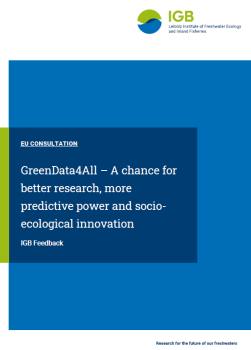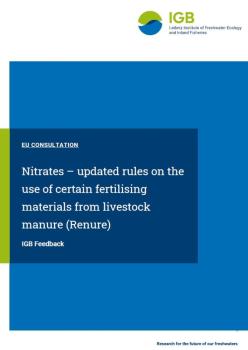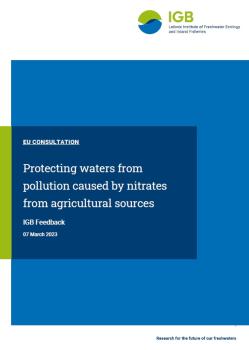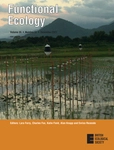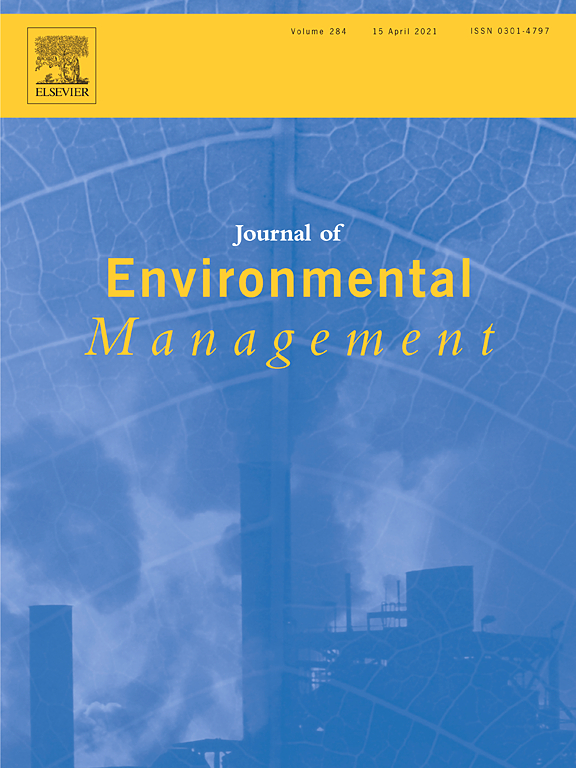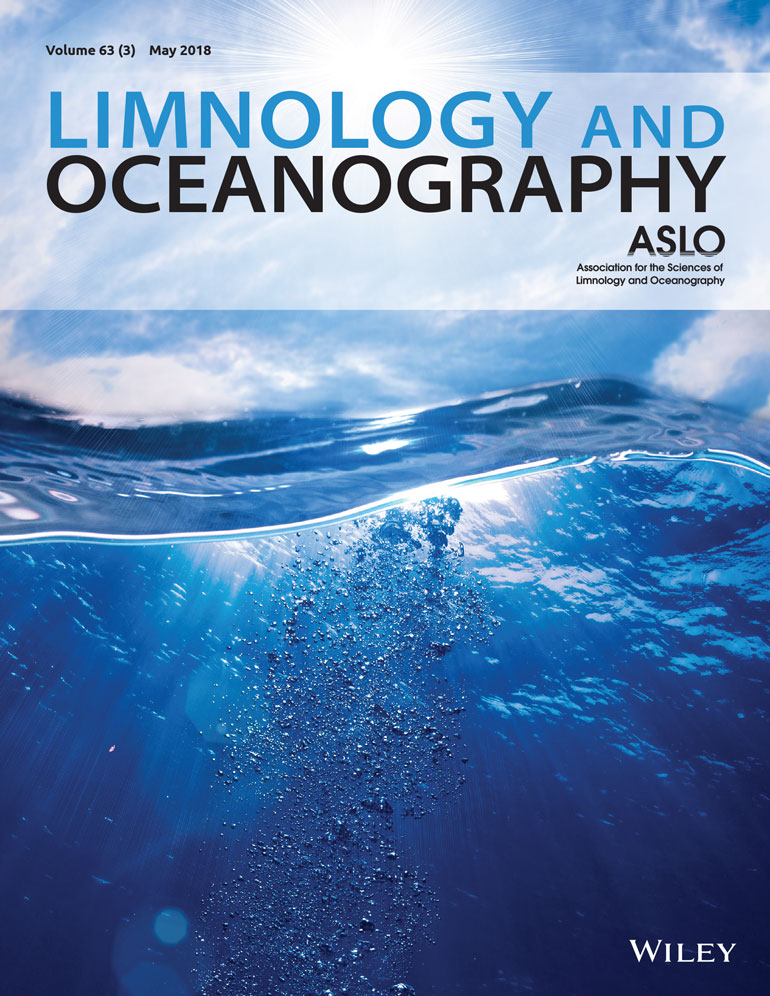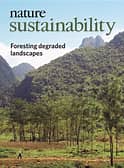
Freshwater habitats and wetlands are among the most important ecosystems on Earth because they provide important ecosystem services to our societies. These include, for example, drinking water supply, flood prevention, inland fisheries, transport and recreation. The importance of inland waters for humans should lead to their protection. But indeed, intensive use and the fact that many wetlands are linked to fertile soils put a high pressure on many freshwater ecosystems.
In the programme area “Ecosystem Services for a Sustainable Future”, IGB is investigating ecosystem services of freshwater habitats and how they can be managed and restored. Important goals are to understand the mechanisms providing resilience to freshwater ecosystems and to elaborate nature-based solutions that support the multiple functions of freshwaters. Production, regulating and cultural services of freshwater ecosystems, the processes that support them, and their threats will be studied. Sustainable fisheries and aquaculture are an important dimension of this programme area.
Speakers
News
Events
Downloads
Selected publications
Multiple-stressor effects on leaf litter decomposition in freshwater ecosystems: A meta-analysis
By using a meta analytical technique, the authors investigated the effect of multiple-stressors on leaf litter decomposition in freshwaters. The overall interaction between multiple stressors was antagonistic and the magnitude and direction of multiple-stressor interactions depends on factors such as the involvement of macroinvertebrates, habitat type and available resources.
A global systematic map of knowledge of inland commercial navigation effects on freshwater ecosystems
The authors conducted a systematic mapping of the published literature (1908–2021) to provide a global synthesis of the effects of inland navigation on the biotic and abiotic components of freshwater ecosystems. Inland navigation impacts rivers through shipping, infrastructure, and waterway management, causing direct (e.g., waves) and indirect effects (habitat loss, invasions).
Migrating ripples create streambed heterogeneity altering microbial diversity and metabolic activity
The field study compared sediment characteristics as well as multitrophic diversity and function in two vertical layers of migrating ripples and stationary patches in sandy lowland streams. It indicates that migrating bedforms create streambed heterogeneity by modulating the abundance, diversity, and structure of different trophic guilds of microbial communities and their resource acquisition.
Recreational killing of wild animals can foster environmental stewardship
The authors add a new perspective to the topic of "recreational use of wild animals". The hypothesis is that an emotionally intense interaction between hunters / anglers and wild animals can create a particularly strong sense of responsibility, described as "environmental stewardship". This in turn would be an incentive for many to commit to lifelong environmental and species protection action.
Light over mechanics: microbial community structure and activity in simulated migrating bedforms are controlled by oscillating light rather than by mechanical forces
The authors tested the effect of 3 migration velocities as well as oscillating and constant light conditions on the structure and function of the microbial community residing in sediments from migrating ripple and stationary patches: Light oscillation is the predominating environmental factor during ripple migration, resulting in an increased vulnerability of light-dependent photoautotrophs.





